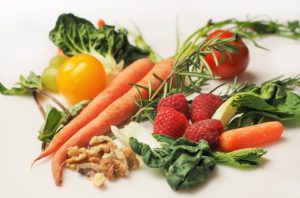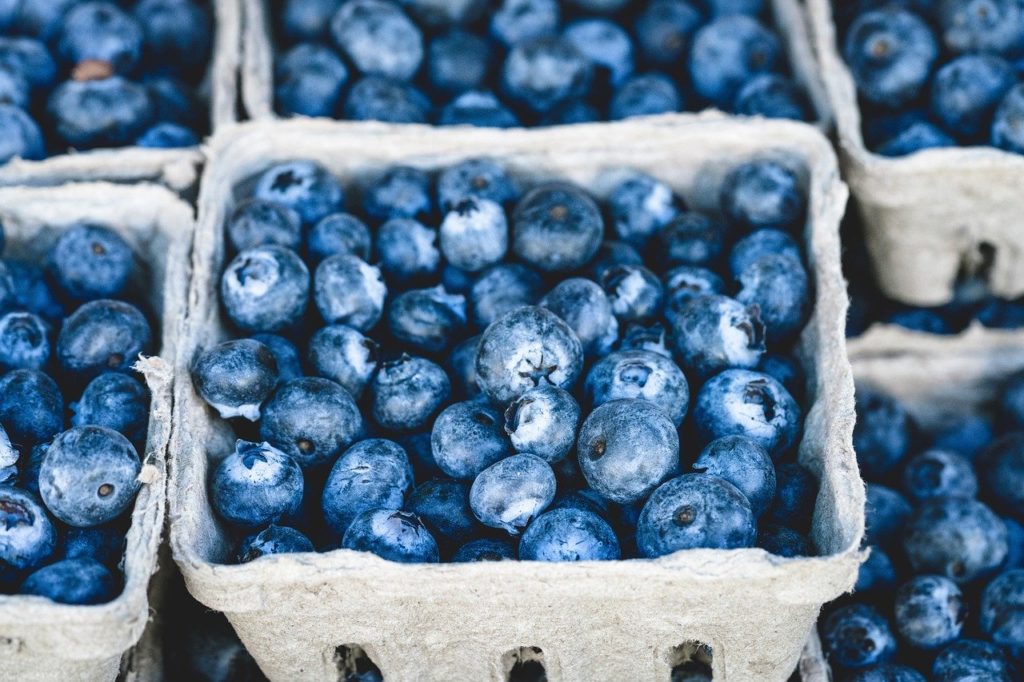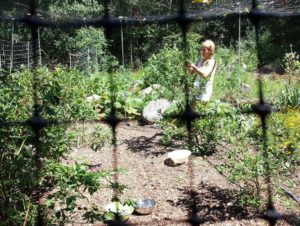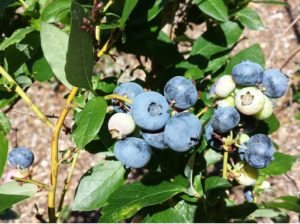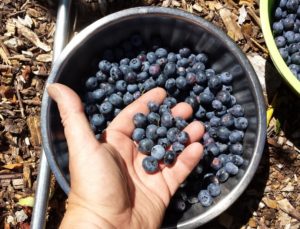What’s the hottest spot in town for gourmet seafood, healthy vegetables, and fresh-baked artisan breads?
It’s the Bass River Farmer’s Market. And yes, it’s more than just a place to grab a few ears of sweet corn for dinner — although that’s never a bad idea.
The market now hosts over 20 vendors on Thursday and Saturday mornings, peddling just-picked produce, fresh-caught seafood, gourmet pastries, olive oils, pickles, jams, relishes, scented candles, pet treats, jewelry and too many hand-crafted goods to list in a single blog post.
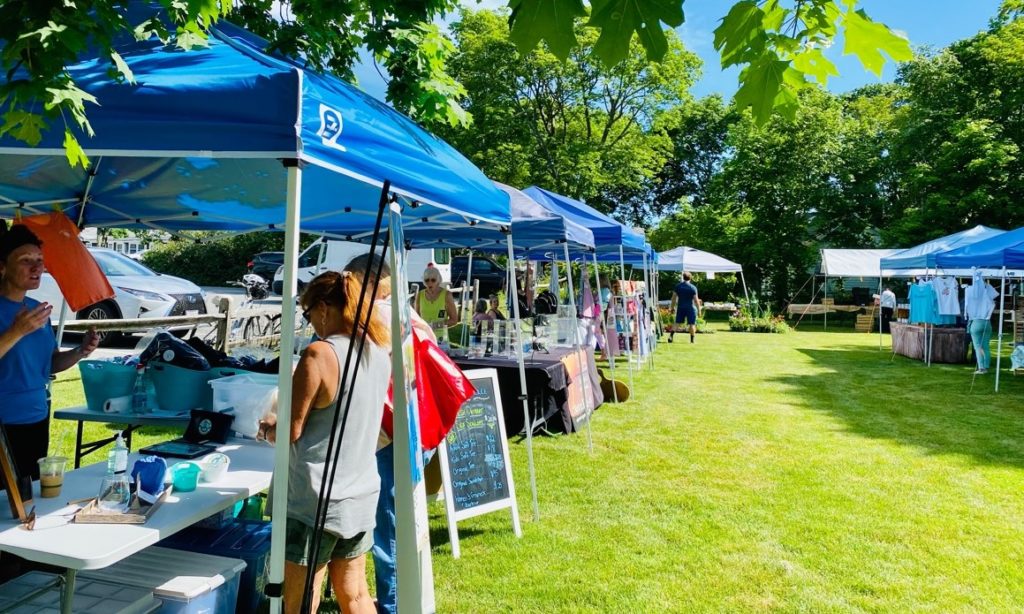
Longtime market manager Carlene Veara says the myriad crafters make the market ideal for visitors to hunt for that perfect Cape Cod gift. But, she said, the biggest attractions are still the food vendors.
Lane Gardens of Dighton and Oakdale Farms of Rehoboth truck in their fresh-picked seasonal vegetables. Fireking Baking Co. of Braintree draws early birds looking for the first choice of artisan breads. And fresh seafood vendor Denice Lapierre brings succulent sea scallops caught on her partner Chris Merl’s day boat, the Isabel and Lilee.
The seafood has piqued interest and made the Bass River Farmers Market a locavore’s destination — where finnicky foodies can gather locally sourced ingredients to create the perfect gourmet meal.
Lapierre’s specialty is day boat sea scallops, harvested on short trips and brought to shore in small loads. Day boat scallops also called “dry scallops” aren’t treated with additives that preserve the seafood and help the meat retain water. Because they have less water content, the scallops don’t ooze liquid when they sizzle in a frying pan. And that means they can be sauteed to perfection — delivering the crisp, caramelized coating that food-lovers expect from local scallops.
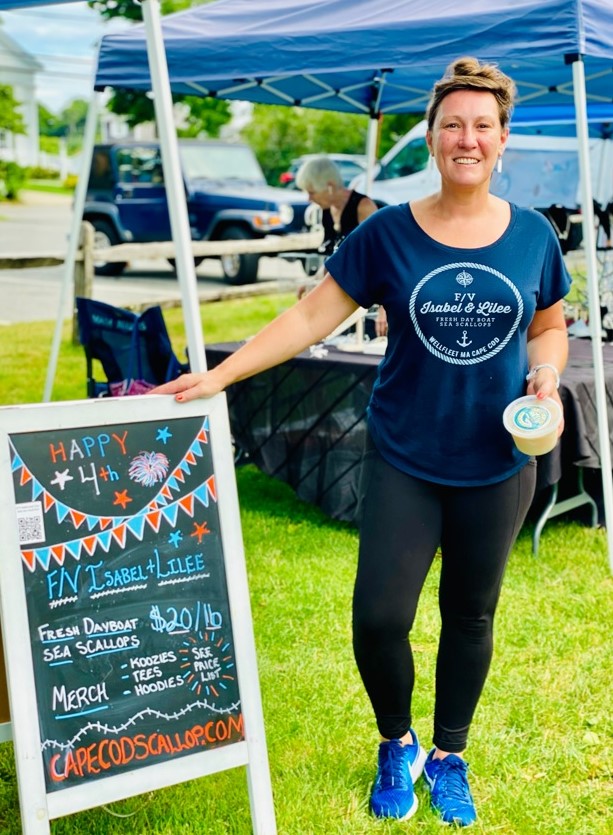
Denice Lapierre’s specialty is fresh “dry scallops” from her partner Chris Merl’s boat, the fishing vessel Isabel and Lilee, named after their two daughters.
She sells her dayboat sea scallops. In addition to the fresh sea scallops, Lapierre sells haddock and other finfish, depending on what’s available from her supplier, Red’s Best. Sometimes she has black sea bass, sometimes striped bass or even the largely undiscovered treat of local skate wings. All of the fish she sells are wild-caught, except for the salmon, which Lapierre said is farmed in Maine and was added to her inventory after repeated customer requests.
Lane Gardens owner Laura Smith says the presence of Lapierre’s seafood has boosted overall turnout at the market, which makes everyone happy.
Smith brings fresh-picked vegetables, berries, fruits and herbs to the Bass River market, with specific items varying by the season. During the mid-August bonanza, her wares include just about everything that can be grown in New England — sweetcorn, carrots, cucumbers, broccoli, scallions, tomatoes, beets, peppers, eggplants, potatoes, salad fixings, and summer squashes, along with basil and other herbs. Lane Gardens also has layer hens for farm-fresh eggs, which she said sell out quickly at the market. The farm also has a certified kitchen for pickles and other processed farm foods. If you don’t see what you want, just ask, and Smith will bring it next time, she said.
Smith also accepts SNAP benefits and is registered with HIP, the state’s Healthy Incentives Program, which offers instant rebates to customers who use their EBT cards to purchase healthy, farm-fresh goods. If a customer has $100 on an Electronic Benefits Transfer card and buys $30 worth of vegetables, Smith accepts payment and immediately refunds the full amount to the customer’s EBT card via HIP. So, in effect, the customer is getting high-quality, fresh local food for free.
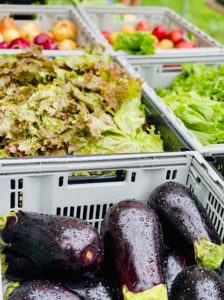
The popular program helps low-income families eat healthier while supporting local farmers — which is always a worthy endeavor.
“Eating locally grown food lets us support our farmers and helps to grow our local economy in Southeastern Massachusetts, the Cape and the Islands,” said Karen Schwalbe, executive director of the Southeastern Massachusetts Agricultural Partnership.
Strong demand at our local markets has allowed farmer’s markets to diversify their products to include locally caught fish and shellfish, along with value-added products like salts and seasonings, jams and jellies, and baked goods, she said.
If want to support local food producers by shopping at Bass River Farmers Market, here are some things to know:
- The market is located at 311 Old Main St. in South Yarmouth, and it’s open on Thursdays and Saturdays from 9 a.m. to 1:00 p.m., rain or shine. (Look for the signs placed around town by Veara, who rises with the roosters to let everyone know it’s market day.)
- The season begins in mid-June and ends this year on Sept. 7th.
- Parking is available at the market or nearby lots.
Photo credit: All photos by Lilee Merl
Andy Tomolonis is a textbook author, travel writer and freelance multimedia journalist.

